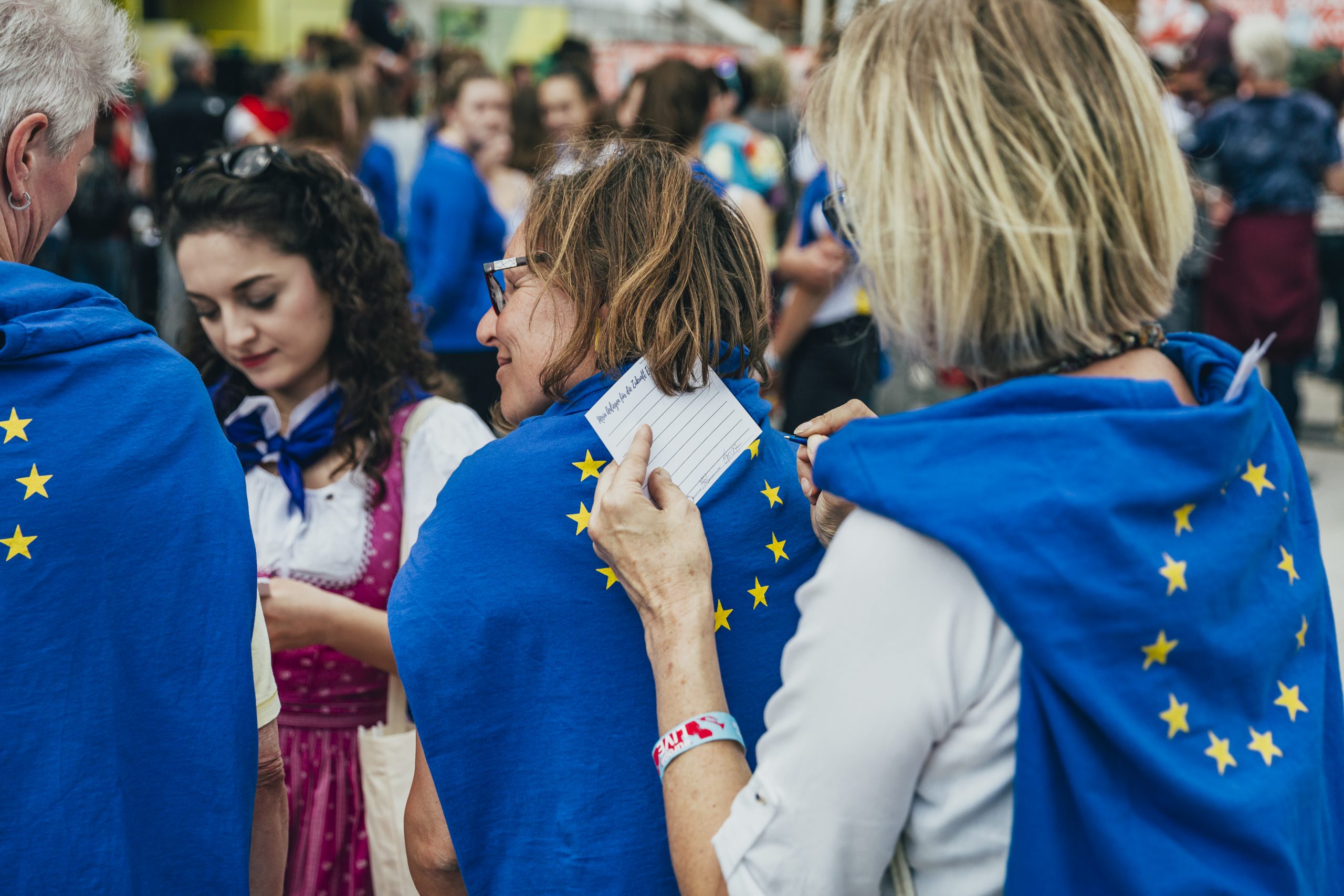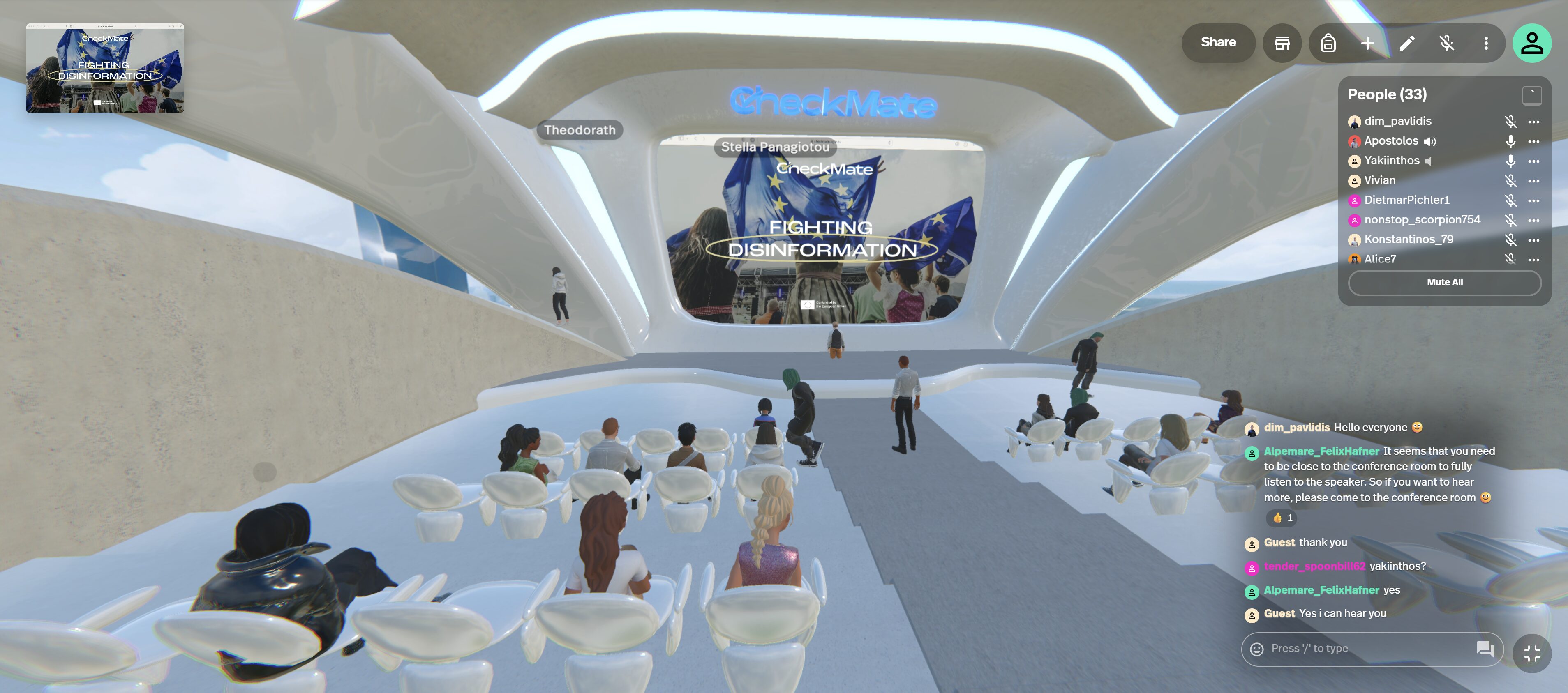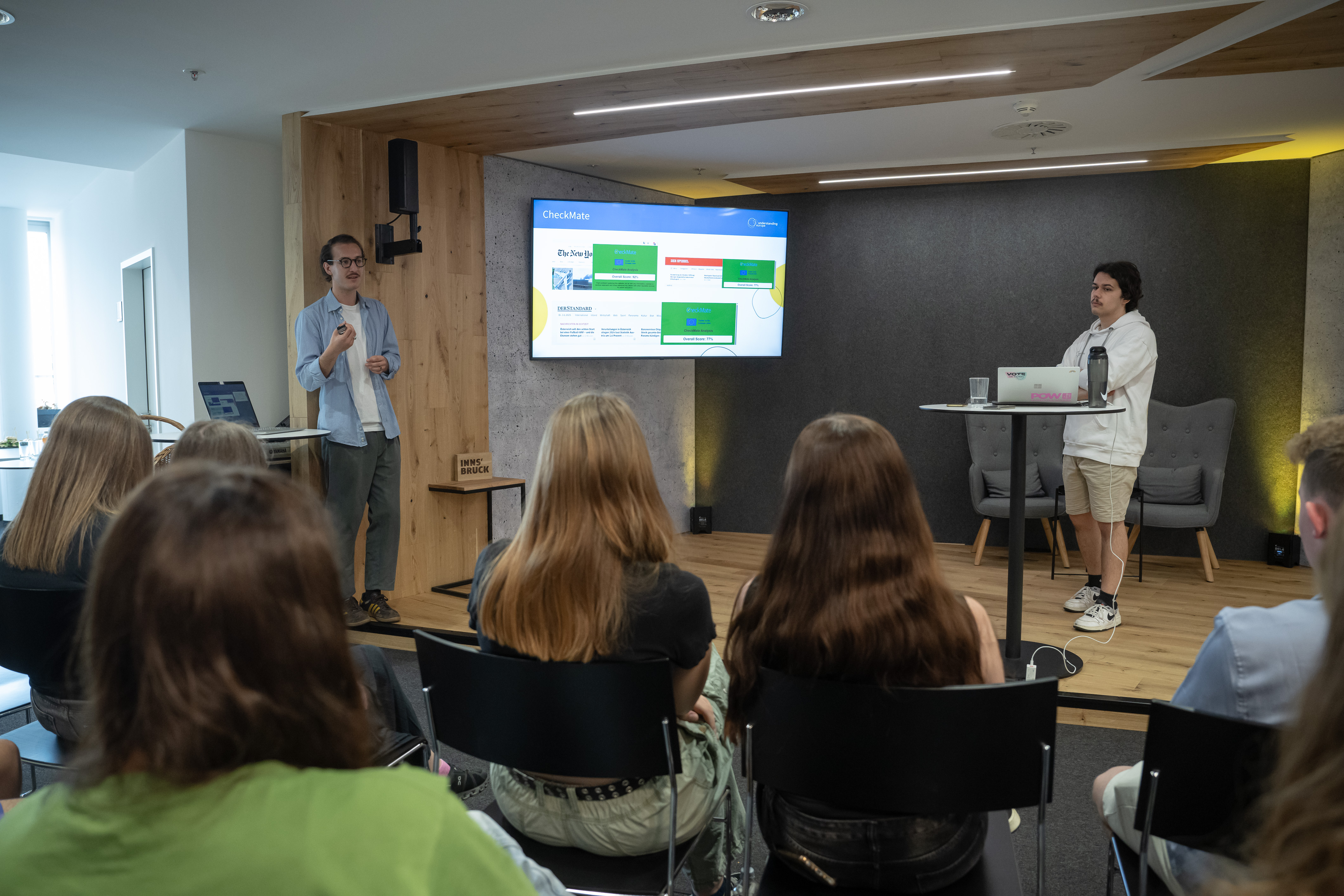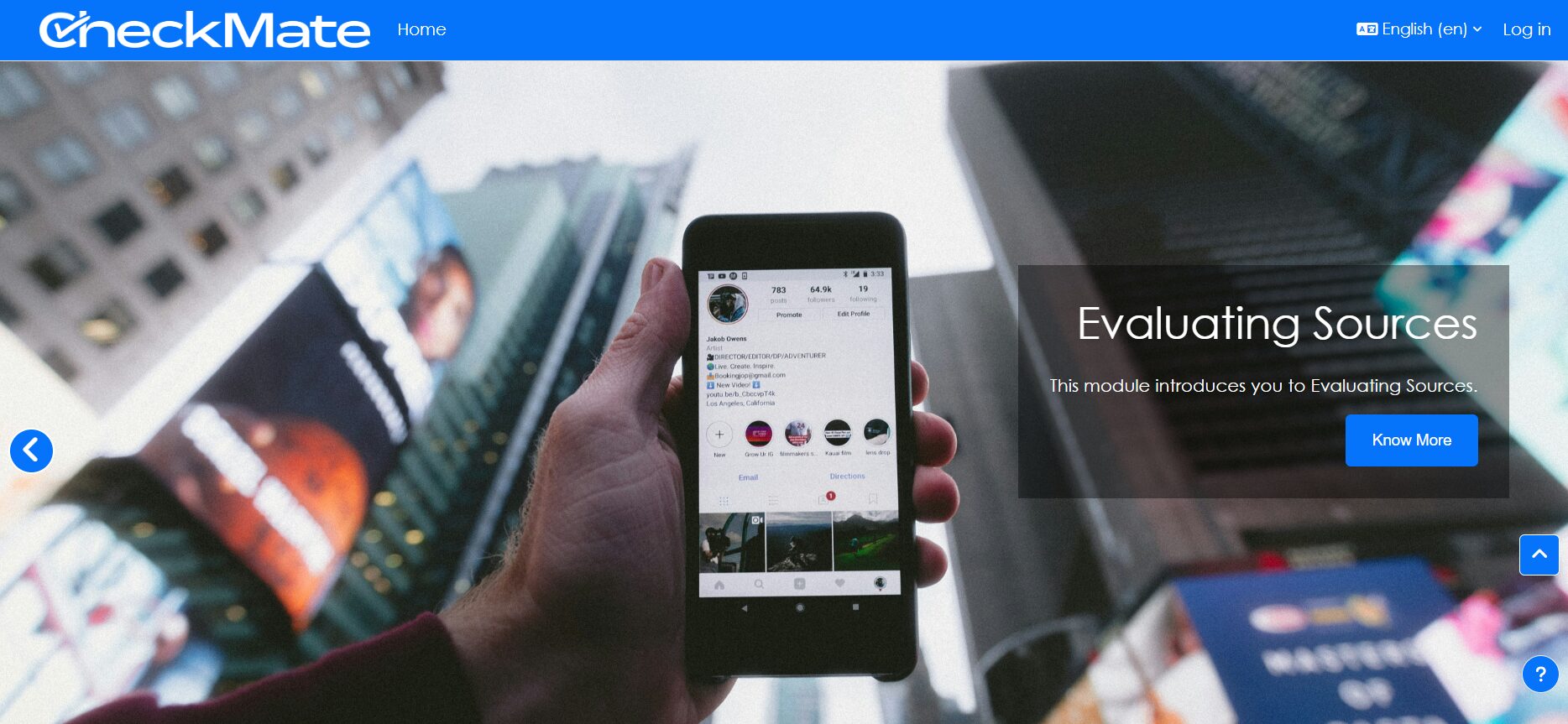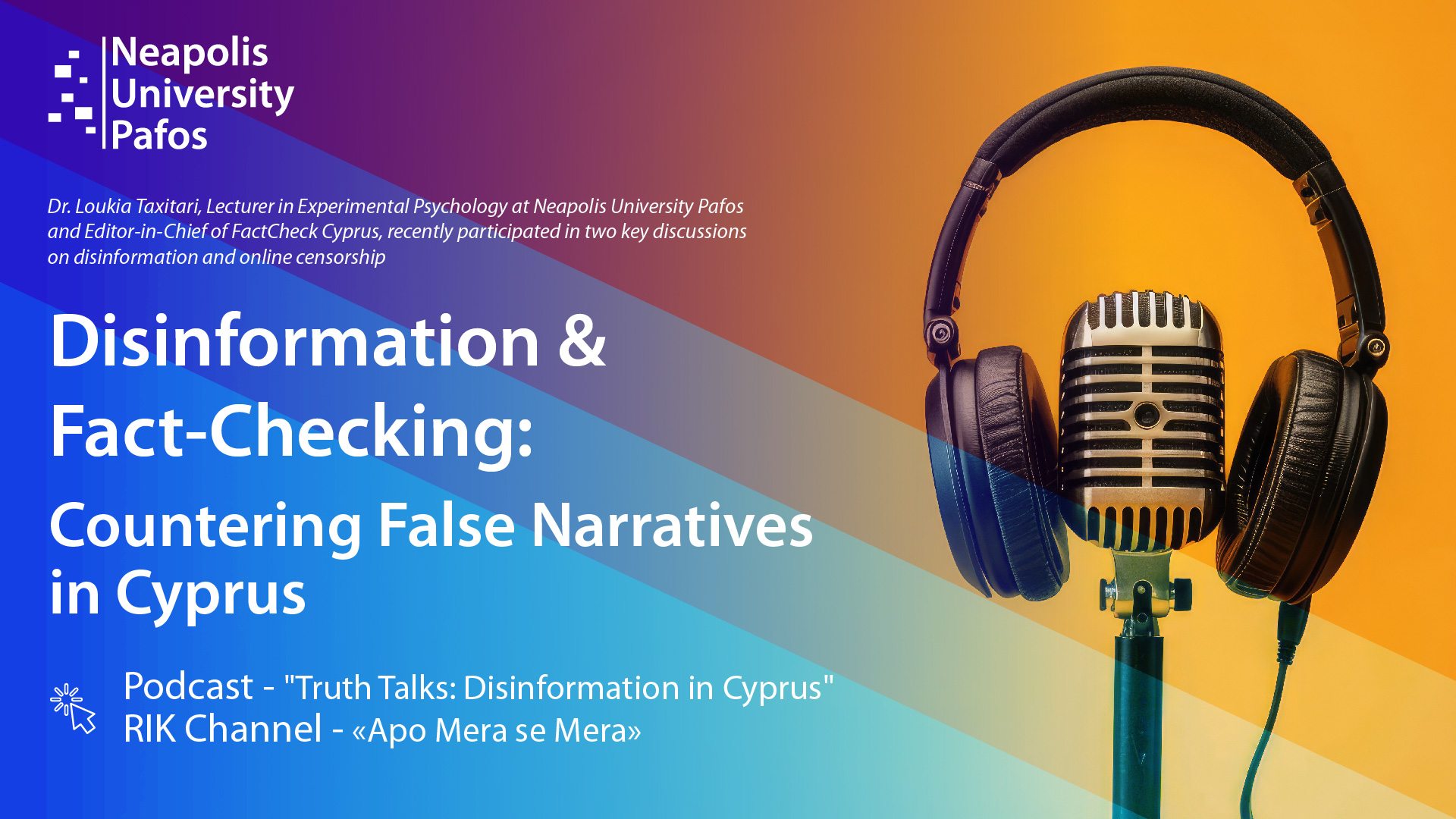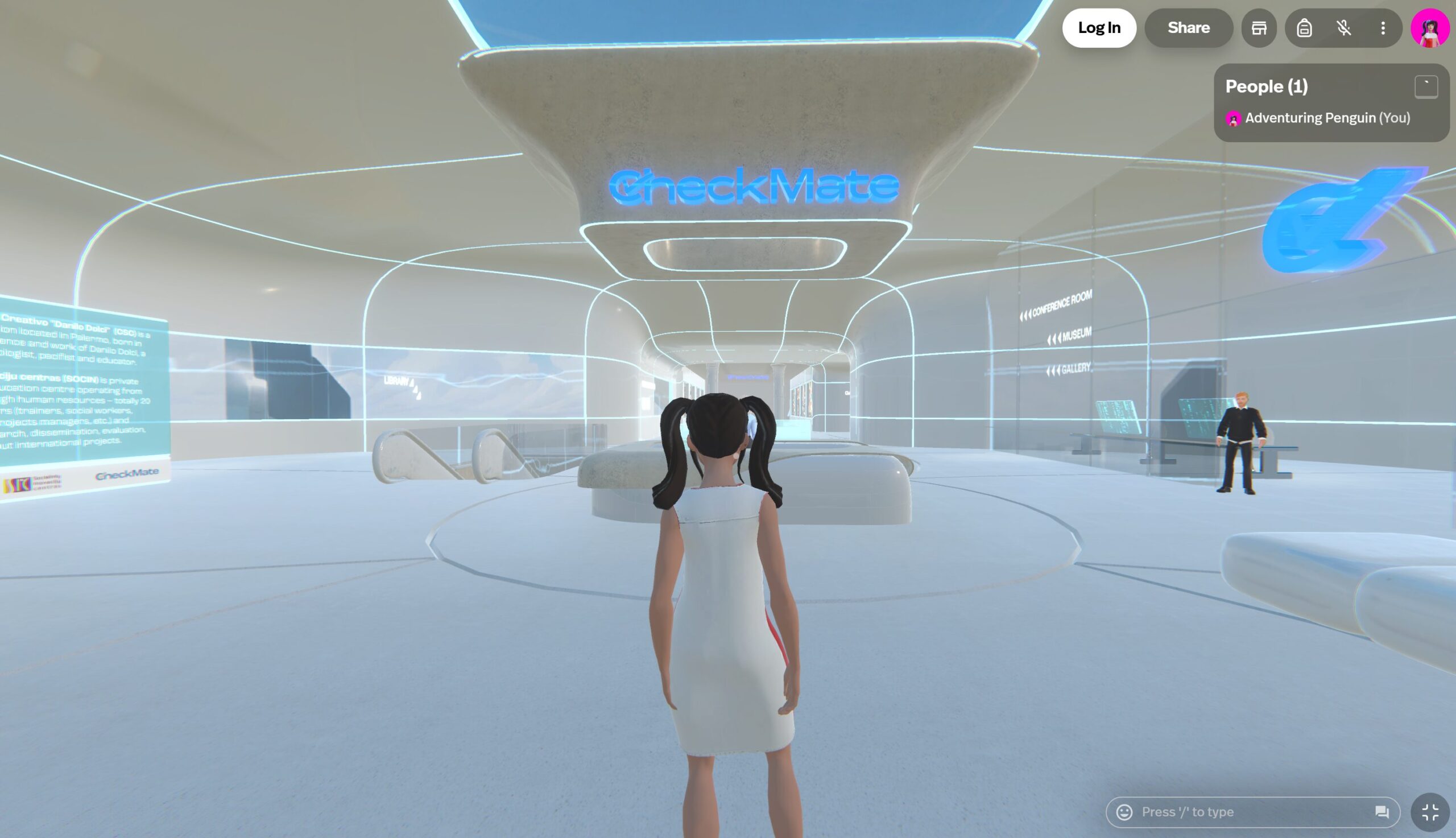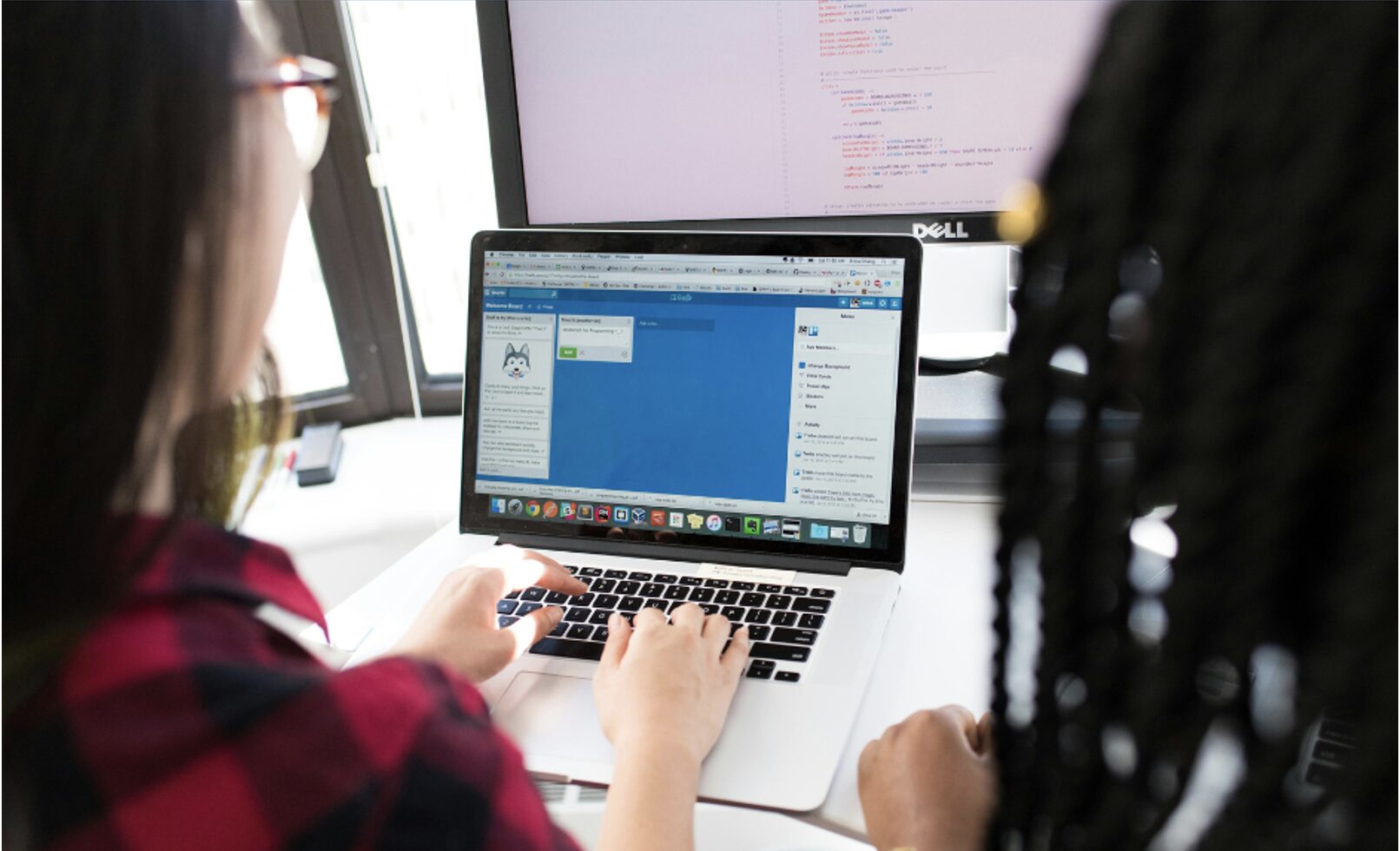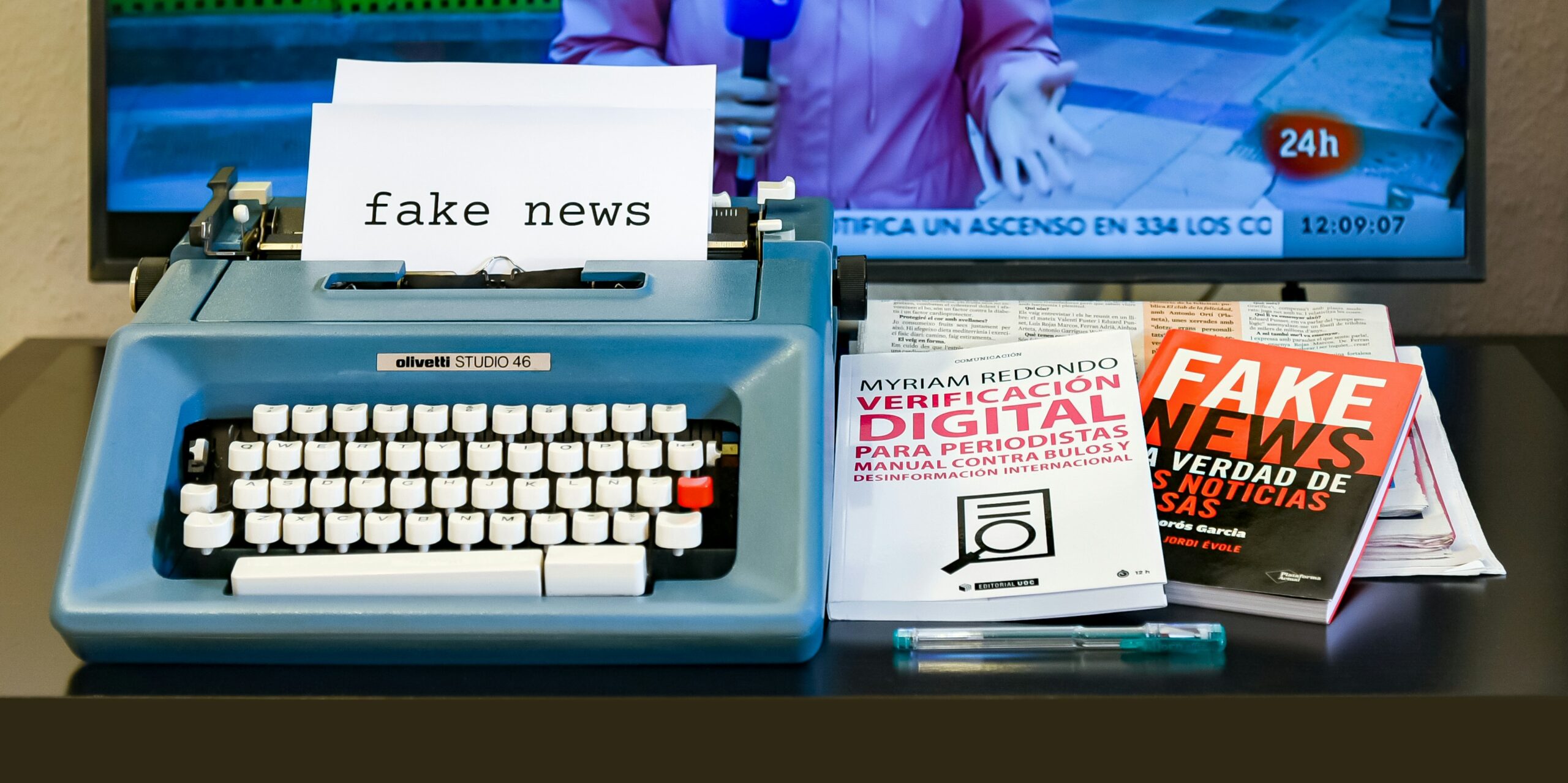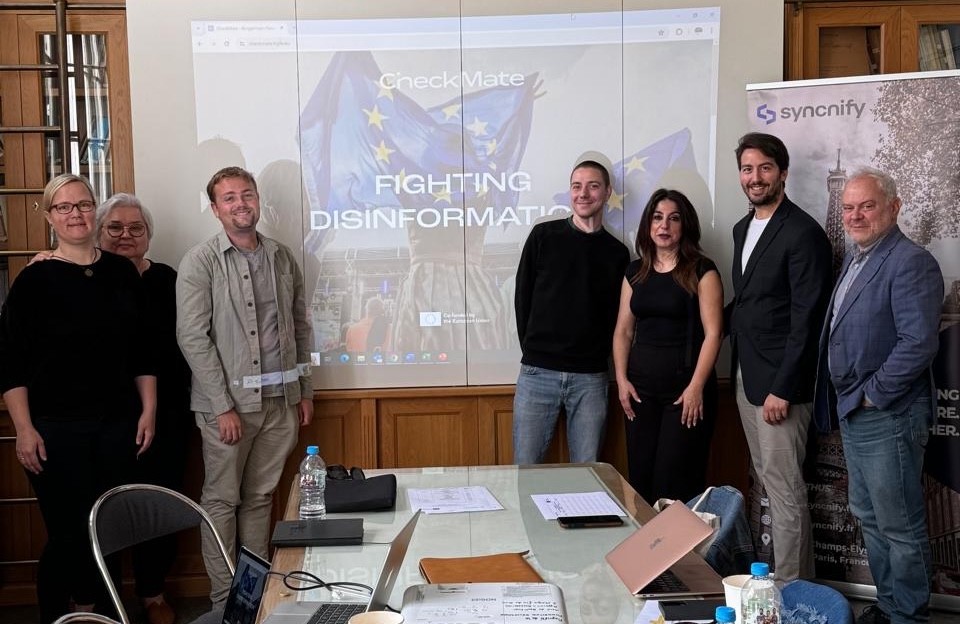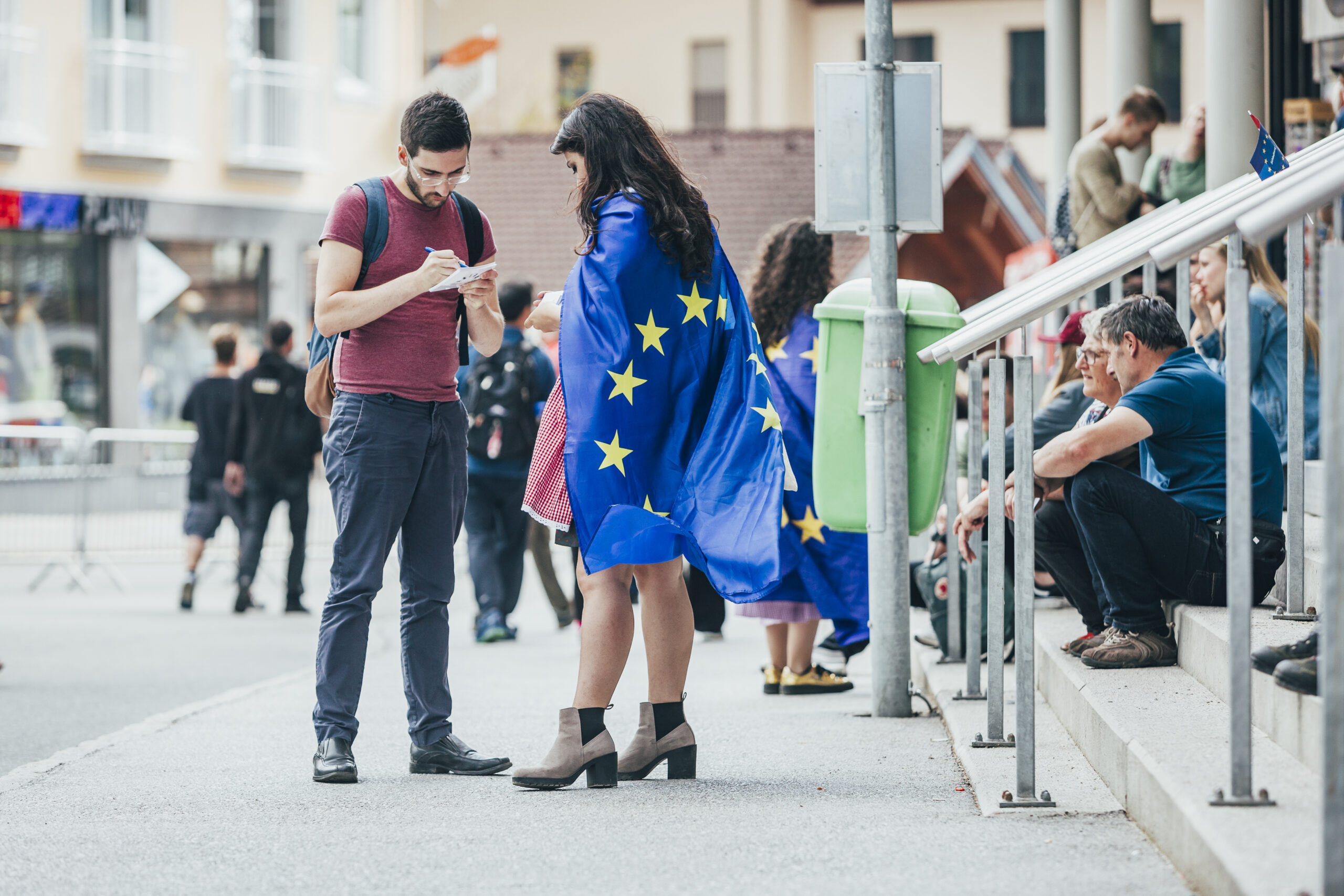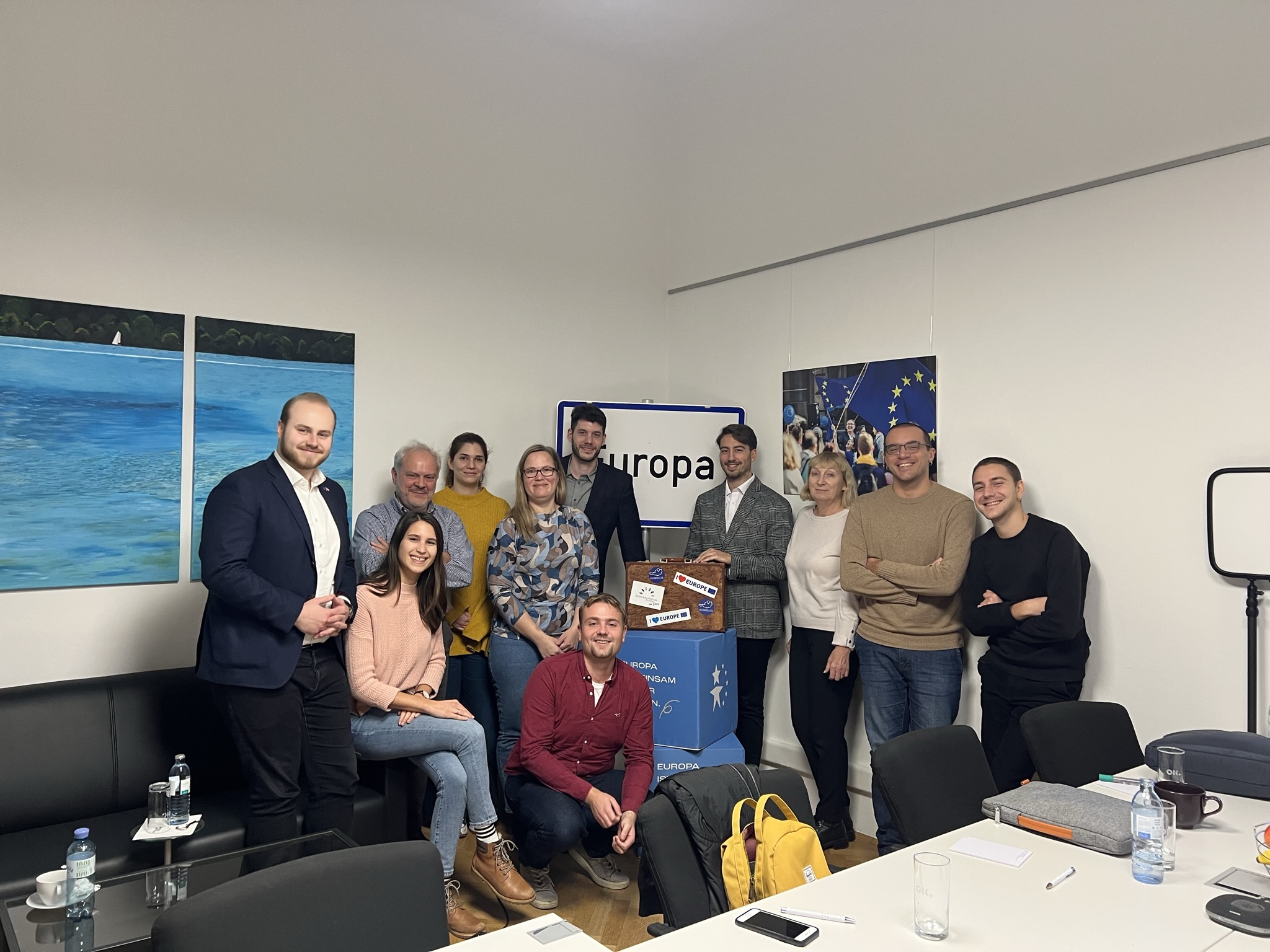About the project

The global problem of how to counteract the dissemination of false reports and information detrimental to peace, security and cooperation has existed for a hundred years. Today, the desire to find a solution has risen in line with the growth of the media’s influence, intensified by the role that social media plays in informing the public. Although a number of ideas are floating in intergovernmental fora, as to how to limit the harmful effects of disinformation, the prevalence of online and offline disinformation is still threatening political independence, territorial integrity and the security of all citizens. In addition to that, by blurring the lines between false and true, disinformation undermines public trust in quality journalism and its role in a democratic society.
As the rate of both mis- and disinformation follows an upward trend, all stakeholders are forced to cooperate to set up mechanisms that will protect citizens from their consequences, by addressing the problem at its roots. Responding to this, CheckMate looks to raise awareness, turning alienation into constructive engagement, among the topic’s stakeholders, fostering social dialogue and enabling new and innovative solutions. Furthermore, CheckMate shall train adults of any social, age, religious, economic and ethnic background, paying special attention to vulnerable and marginalised groups, to be able to critically filter, investigate sources, fact-check content, and categorise all information received, turning chaos into critical and analytical capacities. In that effort, CheckMate shall integrate and promote the use of innovative technological solutions.
One of the central aims of this project is to bring more attention and encourage the development of projects that will support innovative, community-centred approaches to combating mis/disinformation, fake news and propaganda, and especially the strengthening of competencies in media literacy and critical capacities in detecting false information.
For the implementation of WP2, research institutes active in the field of education will collaborate with the rest to identify, map and analyse best practices, local attitudes, policies, ideas, obstacles, etc. through interviews, focus groups etc. Results will be able to be replicated and fine tuned in the context of other target groups (e.g. adult education sector, university students, youth, etc.) in different communities.
Hence, the design of the activities and results will facilitate uptake by other organisations and lead to other synergies, either in media information or education. In the context of WP3, CheckMate will establish a network of stakeholders from various industries in pursuit of raising awareness, promoting social dialogue, and creating new spaces of collaboration that shall incubate tomorrow’s solutions. To produce the necessary results, this project will gather the expertise of CSOs, educators, consulting agencies, web developers, local authorities, and research institutes, journalists, news channels, other media experts, etc. In WP3, partners will collaborate with web developers with knowledge in advanced technologies to create a metaverse platform to host the CheckMate network.
In the context of WP4, regarding the production of educational material, CSOs will have to collaborate with educators to create a training course, which will remain publicly available and will be offered as an open education resource to the community, allowing new synergies to build on top of it. Furthermore, for the production of the web browsing extension with different functions to support the course’s taught strategies, partners will collaborate with web developers. Both in WP3 and in WP4, the project is making an attempt to further promote the use of digital solutions in modern problems, expecting that it will become an example for future reference and synergies on multiple levels, target groups and issue areas.
Lastly, the CheckMate e-course could be transferred and implemented as an extracurricular information – media literacy course in any educational environment. To this end, the consortium will identify and reach synergies with schools, VET and adult providers and Universities to provide its educational materials and increase its impact.
